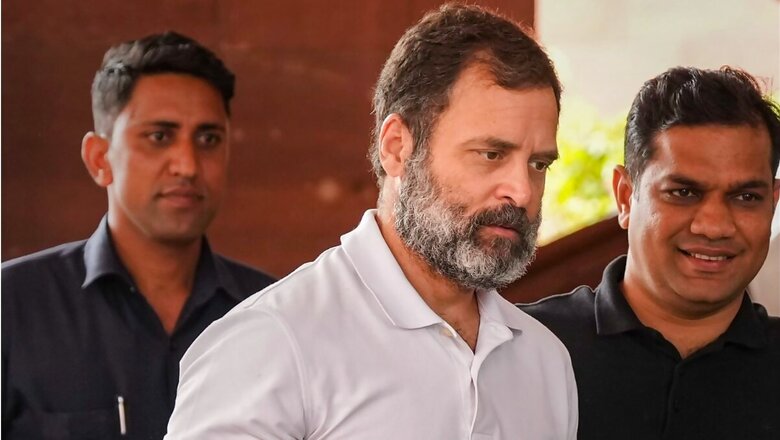
views
Whatever the merits of the case on defamation against Rahul Gandhi, and the sentence awarded to him, I cannot understand his insistence on saying “I will not apologise.” An apology can have two connotations. One is that by apologising, I will compromise my principles. But the other—and far more appropriate one—is that by apologising, I am clarifying that it was not my intention in any way to insult any person or community as a whole, and if it has been interpreted as that by some, it is something I am sorry about.
The other remark by Rahul that he is not Savarkar, but a Gandhi who never apologises, is also unfortunate. Firstly, this is factually incorrect. In May 2019, he rendered an ‘unconditional apology’ to the Supreme Court (SC) in a contempt case filed by Meenakshi Lekhi of the Bharatiya Janata Party (BJP), on his comment that the SC had agreed with his comment “Chowkidar Chor Hai,” in the Rafale alleged corruption matter. First, in April, he expressed regret about his statement. But when this was not seen as sufficient, he unconditionally apologised for the wrongful attribution to the Hon’ble Court, adding that this was “entirely unintentional, non-willful and inadvertent,” and that he “holds the court in the highest respect and esteem” and did not intend in any way to “directly or indirectly, commit any act that interferes with the administration of justice.” Following this unconditional apology, the SC dropped the contempt case.
I do not see why the same clarification, regret or apology could not have been made in 2019, when he asked “Why do all thieves share the Modi surname?” A complaint for defamation was filed by the BJP MLA Purnesh Modi. It is true that Rahul made this comment while citing Modis like Lalit Modi and Nirav Modi. Thus, it may not have been his intent to insult all Modis, or Modi as a backward class community. But it was an irresponsible statement, perhaps made in the heat of electoral rhetoric. The judge of the Surat court gave Rahul a chance to apologise, but he did not do so, with his lawyer saying that he was targeting Narendra Modi and that there is no such community with the surname of Modi. A more political and sensitive reaction would have been to say that he had the highest respect for people of the Modi surname/community and that his comment was not meant to insult all Modis; and if he has inadvertently hurt anyone’s sentiments, he sincerely apologises for it. It is quite possible that, as the SC did, the defamation case would have been dropped, without diluting Rahul’s intent to target the prime minister’s alleged involvement in the Rafale matter.
Of course, acts of defamation are not the monopoly of Rahul Gandhi. In the 2016 Gujarat Assembly elections, Narendra Modi, in a public speech, made the imputation that former PM Manmohan Singh and former Vice President Hamid Ansari were somehow conspiring to intervene in the elections because they had met over dinner hosted by Mani Shankar Aiyar with visiting dignitaries from Pakistan. It was an outrageous allegation, but significantly, Arun Jaitley, leader of the Rajya Sabha, issued an apology (critics called it a half-apology) on the floor of the House. “Any such perception (that PM Modi’s speech questioned Manmohan Singh and Hamid Ansari’s commitment to India) is erroneous. We hold these leaders in high esteem, as well as their commitment to India,” he had said.
But Rahul, after being convicted of defamation, further escalated the issue. In a press conference, he said, “My name is not Savarkar, it is Gandhi and Gandhi never offers an apology.” Frankly, such a statement reeks of arrogance. Are the Gandhis infallible? Can they never make a bona fide mistake? And if they do, what is wrong if, in the spirit of democracy, they have the magnanimity, honesty and decency to render an apology? Besides, the comparison with Savarkar is atrociously misinformed. One could disagree with Savarkar’s advocacy of Hindu Rashtra (which he himself watered down in subsequent statements), but there is no doubt that he was a patriot. His burning passion was to see an India free from British rule, and he paid a very high price for the courage of his convictions, undergoing near continuous solitary confinement in the horrific jail conditions of Kala Pani in the Andamans for 11 years, and a further few years under house arrest in Ratnagiri. Mahatma Gandhi, Sardar Patel and Bal Gangadhar Tilak petitioned the government for his release. It is true that towards the end of his term in the Andamans, he requested the British to grant him amnesty. This was a routine legal procedure which many Congress leaders and other freedom fighters also requested for. Rahul should remember that his own grandmother, former Prime Minister Indira Gandhi, in recognition of Savarkar’s revolutionary patriotism, released a postage stamp in his memory in 1970.
This being said, it is another matter of whether the defamation law in India, introduced in 1860 by Macaulay to enforce a colonial rule, needs to be decriminalised and made—as in many other countries—a civil offence. It is debatable too whether the punishment meted out to Rahul Gandhi deserves the maximum sentence under the law of two years’ imprisonment, which appears to be excessive. It is also not, prima facie, coincidental that a sentence of two years in jail was precisely the requirement for disqualifying Rahul Gandhi from the Parliament. The Congress has a battery of top-notch lawyers to fight this judgement. In doing so, apart from arguing their case, they would be well advised to also show a little humility.
In the increasingly debased political discourse in India, the following couplet is, I think, extremely relevant without any compromise with principles — ‘Kuch is tarah maine zindagi aasaan kar liya, kisi se maafi maang li kisi ko maaf kar diya’ (I have made my life easier in such a manner, that I’ve asked for forgiveness from some, and forgiven others).
The author is a former diplomat, an author and a politician. The views expressed in this article are those of the author and do not represent the stand of this publication.
Read all the Latest Opinions here













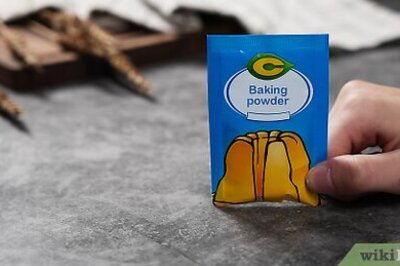
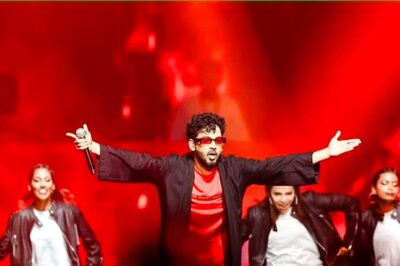

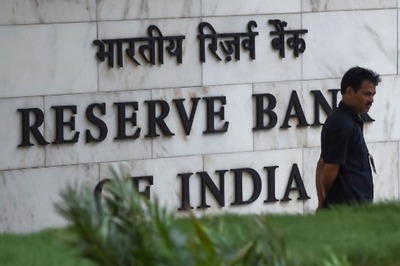


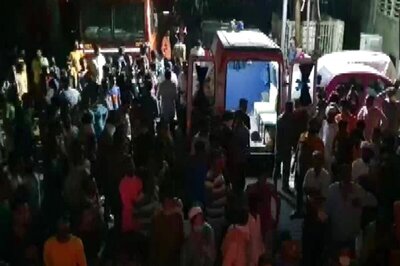
Comments
0 comment